The college student first enters the classroom coming from a society that punishes critical thought. Children with books are “nerds.” Adults with books are “snobs” and “elitists.” Someone who is overly critical of government politics is “pretentious”, “a blow hard” or “nut job.” Protestors and political activists are largely considered to be “immature” or “mentally deranged.”
However, when entering the college classroom, a student suddenly is thrust into a situation in which they are told the opposite about critical thought, than what they have been told by the society at large. The student is expected to leave their previous training in anti-intellectualism and mental conformity at classroom door, and suddenly “love to learn” and “think freely” while sitting in front of the chalk board and podium of an even more highly educated individual, with a degree to prove it.
Yet, even within this intellectual “safe space” students are once again subject to similar rigid, thorough regulation of their mental activities. The rules however, have changed. No longer is the mantra “thou shalt not learn.” The new rule of conformity, its followers rewarded and dissidents punished, is “you shall learn, but on OUR TERMS.”
Test Formats & The Truth
Courses are often structured in the traditional manner of “lecture format.” A professor will stand before the class and “profess” their knowledge about whatever subject they are teaching. The students are invited to participate, debate, argue, and in other ways engage with the content of the course.
Then, a few times within this process, the students are tested over the knowledge they gained in course material, by taking quizzes, tests, or exams.
However, the traditional format of multiple-choice questions has long fallen out of favor among the “learning experts” of educational theory. Because it is true that students can in fact guess whether the answer is choice A, B, C, or D, and some element of their grade is subject to “luck of the draw” academic administrators now pressure educators not to use this so easily manipulated method, but rather to use the revolutionary “short answer” format, designed to show how well students have “learned” and “increased their ability to think.”
On the surface, this make a bit of sense. However, the extension and application of this “method” has become the basis for a ruthless enhancement the “enforced ignorance” in education that Noam Chomsky and other left critics bemoan so strongly.
For the purpose of this discussion, I shall use a hypothetical class and situation. Let us envision a course in American Literature, in which the students are studying the novel: “The Awakening” by Kate Chopin.
A fair short answer question would be:
“What did the protagonist experience throughout the novel? How do these events articulate what the author was hoping to express? What literary techniques does the author use to express such points? How does this novel reflect the condition of women in the period of its publication?”
However, this method or design of short answer questions has been rare in modern college courses. Professors instead simply structure their “revolutionary” “short answer” questions like this:
“What did you learn from Kate Chopin?”
This question is very short and broad. Perhaps it would be appropriate if the professor were taking a survey, but it is quite inappropriate for an examination, if the goal is to see if the student has properly engaged with the novel and its content.
How exactly does one answer this question, and provide the professor with the material they are looking for? The question is simply one sentence, that being “What did you learn from Kate Chopin?”
One could answer that they learned about the culture or New Orleans in the 1800s, the use of language among wealthy cajuns, the plight of a housewife, the problems of women under patriarchy, the horror of sexual repression, the painlessness of suicide by drowning, the amount of beachfront property in Louisiana, the division between town and country in the rural southern U.S., the differing views of morality held by the larger society of the United States in comparison to the past, etc.
A question such as the one described above could be answered in more ways than can be imagined. Every person and individual can “learn something” from Kate Chopin’s classic, and not a single one would perfectly match another.
All of the answers listed above are literally correct. These are all things that one could learn from Kate Chopin’s novel “The Awakening.” But it is very unlikely that any of these answers would redeem one the full credit for this “short answer” question, often worth the vast majority of the exam’s percentage points.
Why?
Because one is not really being asked “What did you learn from Kate Chopin?” One is in fact being told “please regurgitate what your instructor wants you to have learned from Kate Chopin.”
The student is not expected to learn from Kate Chopin, or in fact, to learn at all. Rather, the student is supposed to come to believe and be indoctrinated in the professor’s opinion and beliefs about Kate Chopin. The students job is to inflate the ego of their instructor by allowing this “superior person” to see their own words come from the mouth of another.
If a student says exactly what the professor has said, perhaps even verbatim, making the professor feel as if they are extremely important and genius, and that the student, through the grace of his/her presence has been trained to think in the super human manner of this nearly divine entity, they are rewarded with full credit, kindergarten style smiley faces, and in some cases flattery worthy of sycophantic office employee, desperate for a raise.
However, if the student answers the question presented truthfully, and therefore learned “the wrong thing” from Kate Chopin, i.e. something other than what has been “professed” to the student as what they are “supposed” to learn, they are punished, downgraded, reprimanded.
Yet, this begs the question, how can one learn the “wrong thing” from a book? How is this possible? A work of literature, an interpretation of history, are all very subjective things. Every person brings their own experience to the text, and takes away from it respectively.
One could very easily “learn” something from Kate Chopin that is the exact opposite of what their instructor learned or dictated that they learn. Evidence that even the most well-known literary scholars do this sits in every academic library, where one can read the differing interpretations and debated articles in countless peer reviewed journals on nearly every subject imaginable.
Thought As A Commodity, Assessed and Sold as Such
Yet, why is it that the well-known academics, published in the various journals can freely disagree with the established narrative, whereas students are punished for it. The answer is simple: vetting.
Just as Supreme Court Justice nominees, CEOs, and political candidates are reviewed to see if they are “safe” for the power structure, so are those who staff the ranks of capitalisms very own “thinking industry.”
Yes, one will get published and gain the “right” to disagree, but only once someone has proved through purchasing and passing hundreds of credit hours in courses doing the exact opposite. Once you have learned to see the world from the viewpoint you are instructed to see it from, and you have not challenged that viewpoint excessively, and you have allowed your mind to exist as a blank piece paper for the establishment to write whatever they so desire on numerous times over, then, and only then, are you “safe” enough to go and “profess” the same principles and ideas you have been taught, perhaps putting your own spin or interpretation on them, perhaps not.
It was only after a theologian in the Middle Ages had been thoroughly trained and indoctrinated into the ideas of the Roman Catholic Church and proved to be a true believer, that he was considered “qualified” to debate whether Satan’s army of Demons had 4,500 among its ranks or merely 3,700 with other such “well educated” theologians.
From my experience, we have not advanced beyond this point. We still live in a society where power structures are dominated by a ruling elite, and that ruling elite has the ability to control and dominate all aspects of culture, education, industry, finance, and anything else.
The colleges and universities of this country and most of the world, are not centers of free thought, innovation, or dissent. They are not “marketplaces of ideas.” They are not places where “a hundred flowers bloom and a hundred schools of thought contend.”
They are the opposite. They are the place where those who seek to do jobs for the ruling elite that require some level of thinking are trained, forged, and purged to the point that doing so is done only by “safe” people, who will use this privilege of thought only for the ends of those who already hold control the world to be analyzed.
A certificate of education is not proof of one’s intellect, or thinking ability. A diploma is proof that one has attained a certain level of conformity and is deemed “safe” enough to be “qualified” to speak on a particular matter, and will do so in a way not capable of “rocking the boat” to vociferously.
Yes, even the most “educated” among the non-owning classes of the world are commodities. Whether one works with their hands or with their minds, their labor is still a commodity and shall be treated as such. The only remaining question is how well they will do this particular job, even the job doing being the intellectual work of thinking and educating for the perpetuation and perfection of the status quo, without questioning its existence.




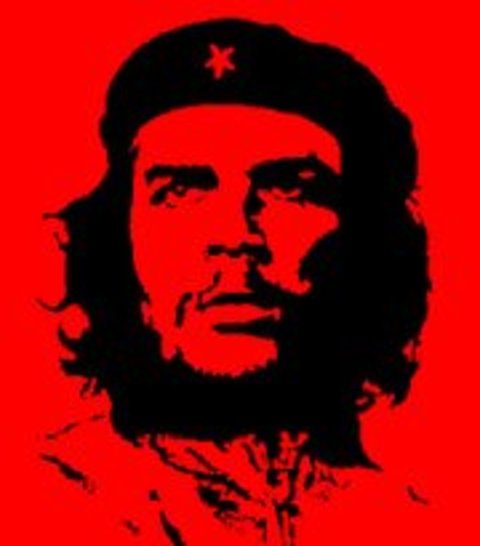

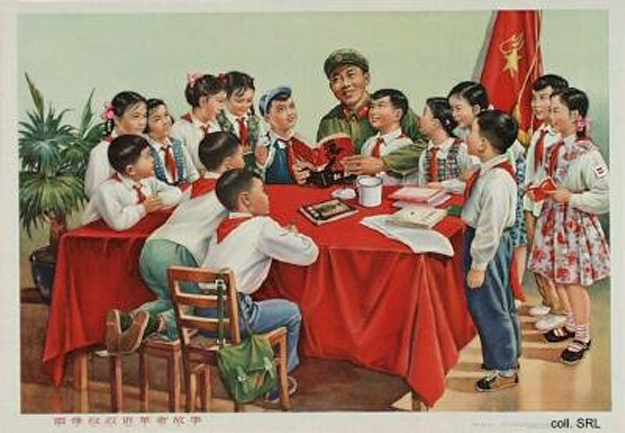




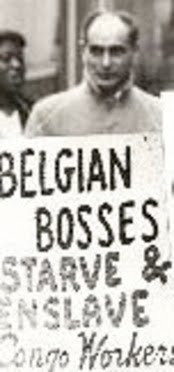
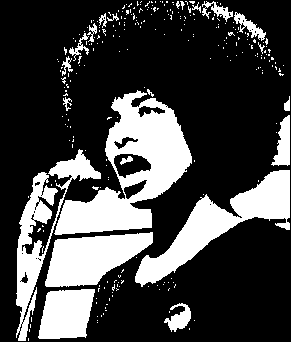
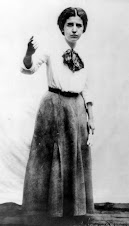

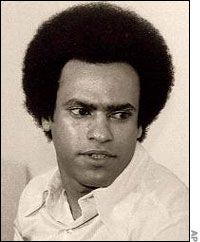


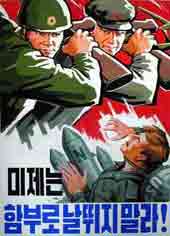




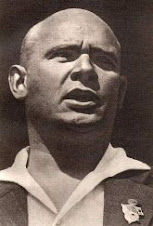
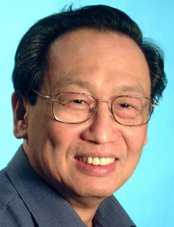

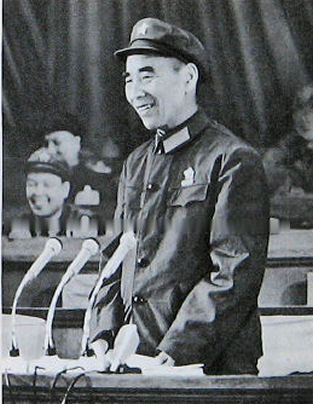

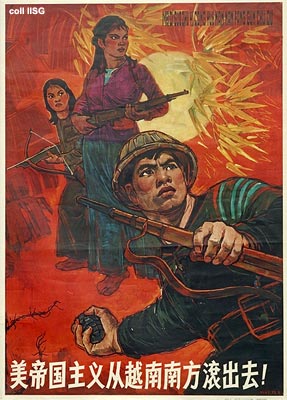

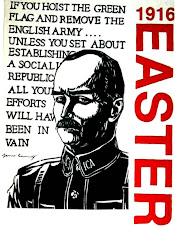

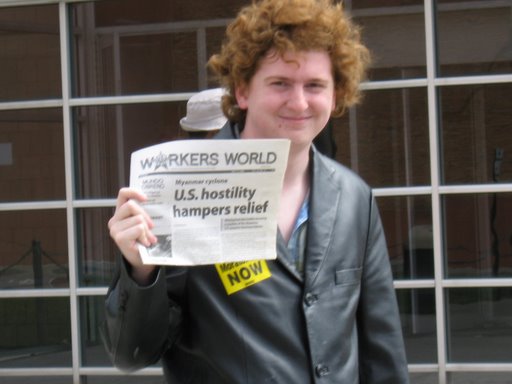

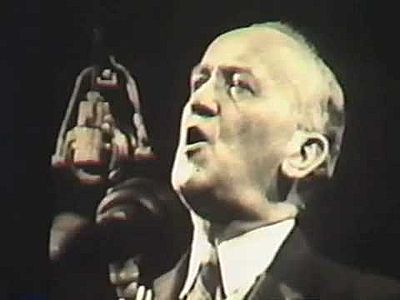

No comments:
Post a Comment